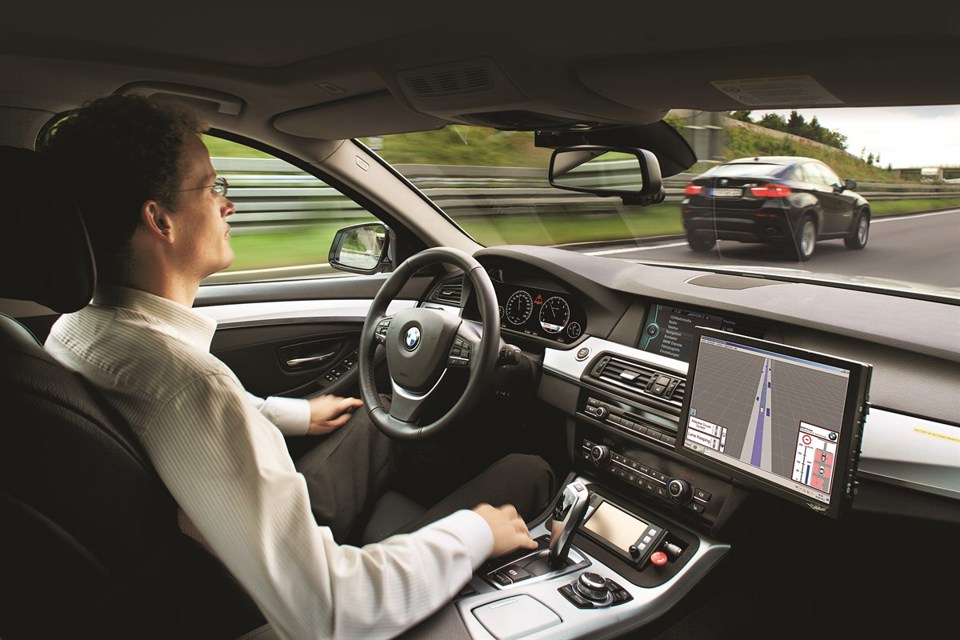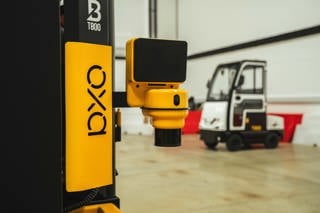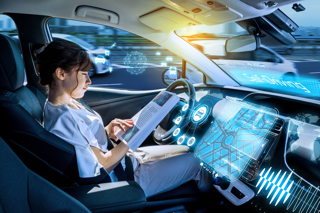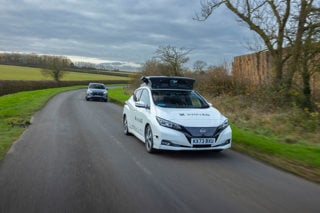Only a quarter of men would definitely consider using a driverless car and less than a fifth (16%) of women would do so, according to a survey by the Institution of Engineering and Technology (IET).
The IET surveyed 2,023 adults, aged 16-75, to assess current appetite for, and understanding of, driverless vehicles.
In terms of age, over 45s are the least likely to embrace driverless cars (42% of 45-54s and 42% of 55-75s).
The IET said that this is worrying given it is the older generation that stand to benefit more in terms of increased mobility.
The survey shows that younger drivers are the most undecided about driverless cars.
People in London are the most likely to be interested in driverless cars (25% would definitely consider one), compared to 18% in the Midlands.
Hugh Boyes from the Institution of Engineering and Technology (IET) said: “While driverless vehicles have huge potential to transform the UK’s transport network there is clearly a lot to do before people are won over.
“The benefits of driverless cars are improved road safety, reduced congestion and lower emissions.
“Wider public acceptance and trust are crucial, particularly for the older generation, who stand to benefit hugely with increased mobility, so the trials starting now must get to grips with the best ways to win over everyone – from car manufacturers to consumers – to the benefits of driverless cars.”




















David Watts - 19/02/2015 15:14
No real surprise there then that most people wouldn't consider using a driverless car - sounds like the same surveys a few years ago around the use of EVs and 10 years ago around the use of Hybrids. New technology that is in its infancy is always viewed with great scepticism by most people as they don't understand how it works. Unsurprisingly as the Hyrbid and EV technology has developed and people have generally become more aware of the benefits and how it works in real life the attitudes are changing. No doubt in 5 - 10 years attitudes to autonomous vehicles will change in exactly the same way as the technology develops and the current practical issues are resolved.